Home>Renovation & DIY>Home Renovation Guides>How To Get Money For Home Renovation


Home Renovation Guides
How To Get Money For Home Renovation
Modified: October 20, 2024
Learn how to finance your home renovation with our comprehensive guides and tips. Get the money you need to transform your space. Discover expert advice now!
(Many of the links in this article redirect to a specific reviewed product. Your purchase of these products through affiliate links helps to generate commission for Storables.com, at no extra cost. Learn more)
Introduction
So, you've been dreaming about transforming your home into the perfect living space. Whether it's a complete overhaul or just a few upgrades, home renovations can breathe new life into your living environment. However, the financial aspect of such a project can often be daunting. But fear not! With the right approach, you can secure the funds needed to turn your renovation dreams into reality.
In this comprehensive guide, we'll walk you through the process of obtaining the necessary funds for your home renovation project. From assessing your renovation needs to exploring various financing options, we'll cover everything you need to know to make your vision a tangible, beautiful reality.
Embarking on a home renovation project is an exciting journey, and it's essential to approach it with careful planning and a clear financial strategy. By the end of this guide, you'll be equipped with the knowledge and confidence to take the first steps toward transforming your home into the haven you've always envisioned. Let's dive in and explore the world of home renovation financing together!
Key Takeaways:
- Secure funds for your home renovation by assessing needs, creating a budget, exploring financing options, and applying for loans or grants. DIY projects can save costs and add a personal touch.
- Transform your living space into a personalized haven by leveraging financial strategies, exploring DIY renovations, and embracing creativity. Plan carefully, research thoroughly, and communicate proactively for a successful outcome.
Read more: How To Save Money On Home Renovation
Assessing Your Renovation Needs
Before diving into the financial aspect of your home renovation, it’s crucial to assess your specific renovation needs. Take the time to thoroughly evaluate the areas of your home that require attention. Whether it’s a kitchen remodel, bathroom upgrade, or a complete home makeover, understanding the scope of your renovation project is the first step toward securing the necessary funds.
Start by creating a detailed list of the renovations you envision. Consider the functionality, aesthetics, and any structural improvements required. Prioritize the areas that are in dire need of attention, ensuring that your plan aligns with your budget and timeline.
Once you have a clear understanding of your renovation needs, it’s beneficial to consult with professionals, such as contractors or interior designers, to gain insights into the potential costs involved. Their expertise can provide valuable guidance in refining your renovation plans and estimating the financial investment required.
Additionally, consider the long-term benefits of each renovation. Will certain upgrades increase the value of your home? Are there energy-efficient options that could lead to cost savings down the line? By evaluating the potential returns on your investment, you can make informed decisions about where to allocate your renovation funds.
Remember, the goal of this assessment phase is to create a comprehensive overview of your renovation needs. By doing so, you’ll be better equipped to move forward with the financial planning and funding acquisition stages, ensuring that your home renovation project is aligned with your vision and budget.
Creating a Budget
Once you’ve assessed your renovation needs, the next crucial step is to create a comprehensive budget for your project. A well-defined budget serves as a roadmap, guiding your financial decisions and ensuring that your renovation stays on track.
Start by outlining the specific costs associated with each aspect of your renovation. This includes materials, labor, permits, and any unexpected expenses that may arise. Research the average costs for similar renovation projects in your area to establish realistic budget estimates.
It’s essential to build a buffer into your budget to account for unforeseen circumstances or additional expenses that may surface during the renovation process. Aim to allocate around 10-20% of your total budget for contingencies, providing a safety net for unexpected costs.
As you craft your budget, be diligent in prioritizing your renovation needs based on their importance and impact. Consider whether certain elements can be phased over time to align with your financial capabilities. By categorizing your renovation priorities, you can make informed decisions about where to allocate the bulk of your budget.
Furthermore, explore cost-saving opportunities without compromising on quality. Research alternative materials, compare quotes from multiple contractors, and consider the potential for DIY projects to reduce labor costs. By optimizing your budget, you can maximize the value of your renovation investment.
Throughout the budgeting process, maintain a clear line of communication with all involved parties, including contractors, suppliers, and any professionals contributing to the project. Transparency and thorough documentation are essential for staying within budget and avoiding financial surprises.
By creating a detailed and realistic budget, you’ll lay a solid foundation for the financial aspects of your renovation project. This proactive approach will empower you to make informed decisions and pursue funding options that align with your budgetary framework.
Exploring Financing Options
With a clear understanding of your renovation needs and a well-defined budget in place, it’s time to explore the diverse range of financing options available to fund your home improvement project. From traditional loans to modern financial solutions, there are various avenues to consider, each with its unique benefits and considerations.
One common financing option is a home equity loan, which allows homeowners to borrow against the equity in their property. This type of loan typically offers competitive interest rates and can provide substantial funds for large-scale renovations. However, it’s essential to weigh the risks associated with leveraging your home’s equity and ensure that you can comfortably manage the repayment terms.
Alternatively, a home equity line of credit (HELOC) offers a flexible borrowing solution, allowing you to access funds as needed during the renovation process. HELOCs often feature variable interest rates and provide a convenient source of financing for ongoing renovation projects.
For those seeking government-backed financing, programs such as the Federal Housing Administration (FHA) Title I loan or energy-efficient mortgages (EEMs) offer specialized funding options for home improvements. These programs may have specific eligibility requirements and can be particularly beneficial for renovations focused on energy efficiency and property value enhancement.
Personal loans, whether obtained through traditional banks or online lenders, provide an unsecured financing option for home renovations. While personal loans may carry higher interest rates compared to secured loans, they offer greater flexibility and do not require collateral, making them accessible to a wide range of homeowners.
Another avenue to explore is the option of refinancing your mortgage to access additional funds for your renovation project. By refinancing at a lower interest rate or extending the loan term, homeowners can secure extra capital for home improvements while potentially reducing their monthly mortgage payments.
When evaluating financing options, consider the terms, interest rates, and repayment schedules to determine the most suitable solution for your renovation needs. It’s advisable to consult with financial advisors or loan specialists to gain insights into the best financing options based on your individual circumstances.
By exploring the diverse array of financing options, you can identify the most advantageous solution that aligns with your budget, timeline, and long-term financial goals, bringing your renovation vision within reach.
Consider applying for a home renovation loan or line of credit from a bank or credit union. These types of loans are specifically designed to help homeowners fund their renovation projects.
Applying for Loans or Grants
As you delve into the process of securing funding for your home renovation, navigating the application process for loans or grants is a pivotal step in bringing your project to fruition. Whether you’re pursuing traditional loans, government-backed programs, or grants designed to support home improvements, understanding the application procedures and requirements is essential for a successful funding outcome.
When applying for traditional home improvement loans, thorough preparation is key to presenting a compelling case to potential lenders. Begin by organizing all relevant financial documentation, including income statements, tax returns, and credit history reports. By demonstrating your financial stability and responsibility, you can enhance your credibility as a loan applicant.
Additionally, prepare a detailed project plan that outlines the scope of your renovation, anticipated costs, and the expected timeline for completion. Providing a comprehensive overview of your renovation goals and the associated financial requirements can bolster your loan application and instill confidence in potential lenders.
For government-backed programs and grants, familiarize yourself with the specific eligibility criteria and application guidelines outlined by the respective agencies or organizations. These programs often have distinct requirements related to property type, renovation objectives, and income thresholds, necessitating thorough research to determine your eligibility and align your application with the program’s parameters.
It’s beneficial to seek guidance from professionals or organizations specializing in home renovation financing, as they can provide valuable insights into navigating the application process and optimizing your chances of securing funding. Local housing agencies, nonprofit organizations, and community development groups may offer resources and assistance in identifying relevant grants or financing opportunities.
Throughout the application process, maintain open communication with potential lenders, grant providers, or program administrators. Address any inquiries promptly, and be prepared to provide additional documentation or clarification as needed to support your application.
By approaching the loan or grant application process with thorough preparation, attention to detail, and a clear understanding of the specific requirements, you can position yourself for a successful funding outcome. Whether through traditional loans, government programs, or grants, securing the necessary funds for your home renovation is achievable with diligent planning and strategic application efforts.
Read more: How To Get Money For Home Improvement
Saving Money Through DIY Renovations
Embarking on do-it-yourself (DIY) renovations presents an excellent opportunity to save on costs while adding a personal touch to your home improvement project. By taking an active role in certain aspects of the renovation process, you can significantly reduce labor expenses and exercise creative control over the outcome. Here are several strategies to maximize cost savings through DIY renovations:
- Research and Education: Before diving into DIY projects, invest time in researching techniques, best practices, and potential challenges associated with the specific renovations you plan to undertake. Online tutorials, home improvement books, and workshops can provide valuable insights and equip you with the knowledge needed to tackle DIY tasks effectively.
- Identify Feasible DIY Projects: Assess your skill set and comfort level with various renovation tasks to determine which projects are well-suited for a DIY approach. Painting, minor landscaping, installing fixtures, and simple cosmetic upgrades are examples of DIY-friendly projects that can yield substantial cost savings.
- Collaborate with Professionals: While certain renovations may require the expertise of professionals, consider collaborating with contractors or tradespeople on a consultation basis. By handling preparatory work, such as demolition or site preparation, you can minimize labor costs while benefiting from professional guidance and oversight.
- Utilize Reclaimed Materials: Embrace eco-friendly and budget-conscious practices by incorporating reclaimed or salvaged materials into your renovation projects. Reclaimed wood, vintage fixtures, and repurposed building materials not only add character to your home but also contribute to sustainable, cost-effective design solutions.
- DIY Decor and Furnishings: Beyond structural renovations, consider crafting your own decor elements and furnishings to personalize your space. From custom shelving and artwork to reupholstering furniture, DIY decor projects offer a creative outlet and reduce the need for expensive store-bought items.
It’s important to approach DIY renovations with a realistic assessment of your capabilities and the potential impact on your overall project timeline. While DIY endeavors can yield significant cost savings, it’s crucial to prioritize safety, quality, and adherence to building codes to ensure successful outcomes.
By strategically incorporating DIY elements into your home renovation, you can achieve substantial cost savings while infusing your living space with personalized craftsmanship and character. Embrace the opportunity to unleash your creativity and hands-on skills, ultimately enhancing the value and appeal of your home while staying within budget.
Conclusion
Congratulations on embarking on the exciting journey of planning your home renovation! As you’ve navigated the various aspects of securing funds for your project, you’ve gained valuable insights into the financial strategies and options available to bring your renovation vision to life. By following a structured approach and leveraging the right resources, you can transform your living space into a personalized haven that reflects your unique style and preferences.
Throughout this guide, you’ve learned the importance of assessing your renovation needs with thorough consideration of both functionality and aesthetics. By creating a well-defined budget, you’ve established a financial roadmap that aligns with your renovation priorities and long-term goals. Exploring diverse financing options has empowered you to make informed decisions and identify the most suitable funding solutions for your project.
Applying for loans or grants has equipped you with the knowledge and preparation needed to present a compelling case to potential lenders or program administrators, maximizing your chances of securing the necessary funds. Additionally, embracing DIY renovations as a cost-saving strategy has allowed you to infuse your personal touch into the project while minimizing labor expenses.
As you move forward with your home renovation journey, remember that careful planning, thorough research, and proactive communication are key elements in achieving a successful outcome. Whether you’re revamping a single room or undertaking a comprehensive home transformation, the satisfaction of realizing your vision is within reach.
By leveraging the insights and strategies outlined in this guide, you’re well-equipped to navigate the financial aspects of your home renovation with confidence and clarity. Embrace the creative opportunities, stay adaptable in the face of challenges, and revel in the transformation of your living space into a place you’re proud to call home.
Best of luck on your home renovation endeavors, and may your project unfold as a fulfilling and rewarding expression of your unique style and aspirations!
Frequently Asked Questions about How To Get Money For Home Renovation
Was this page helpful?
At Storables.com, we guarantee accurate and reliable information. Our content, validated by Expert Board Contributors, is crafted following stringent Editorial Policies. We're committed to providing you with well-researched, expert-backed insights for all your informational needs.

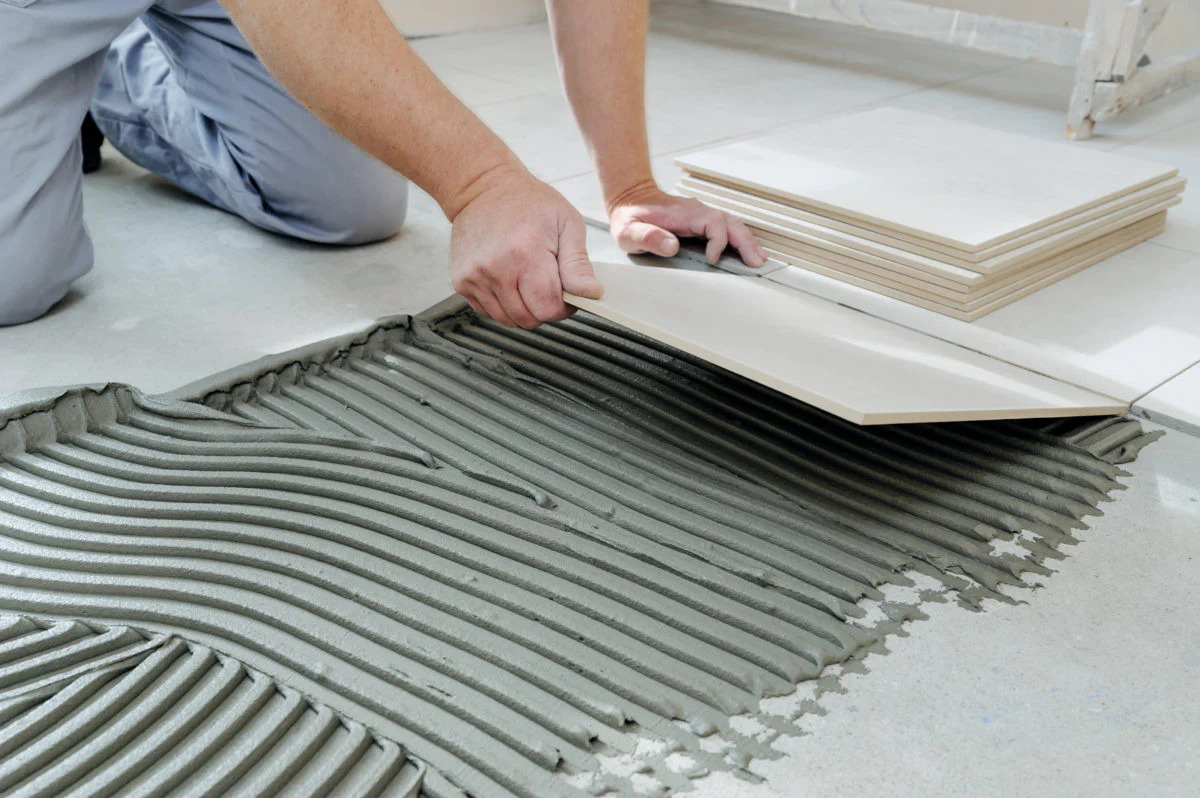
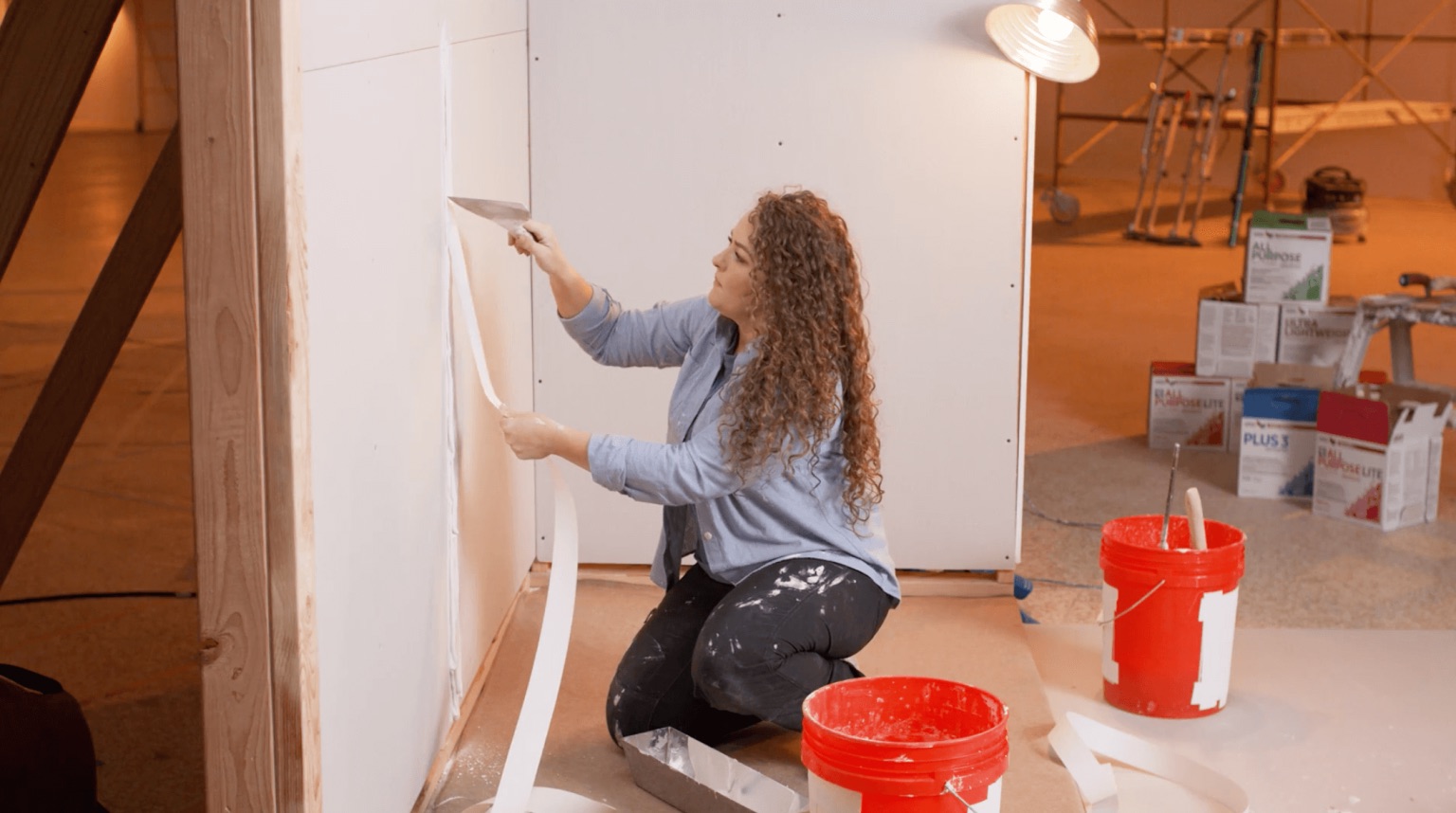
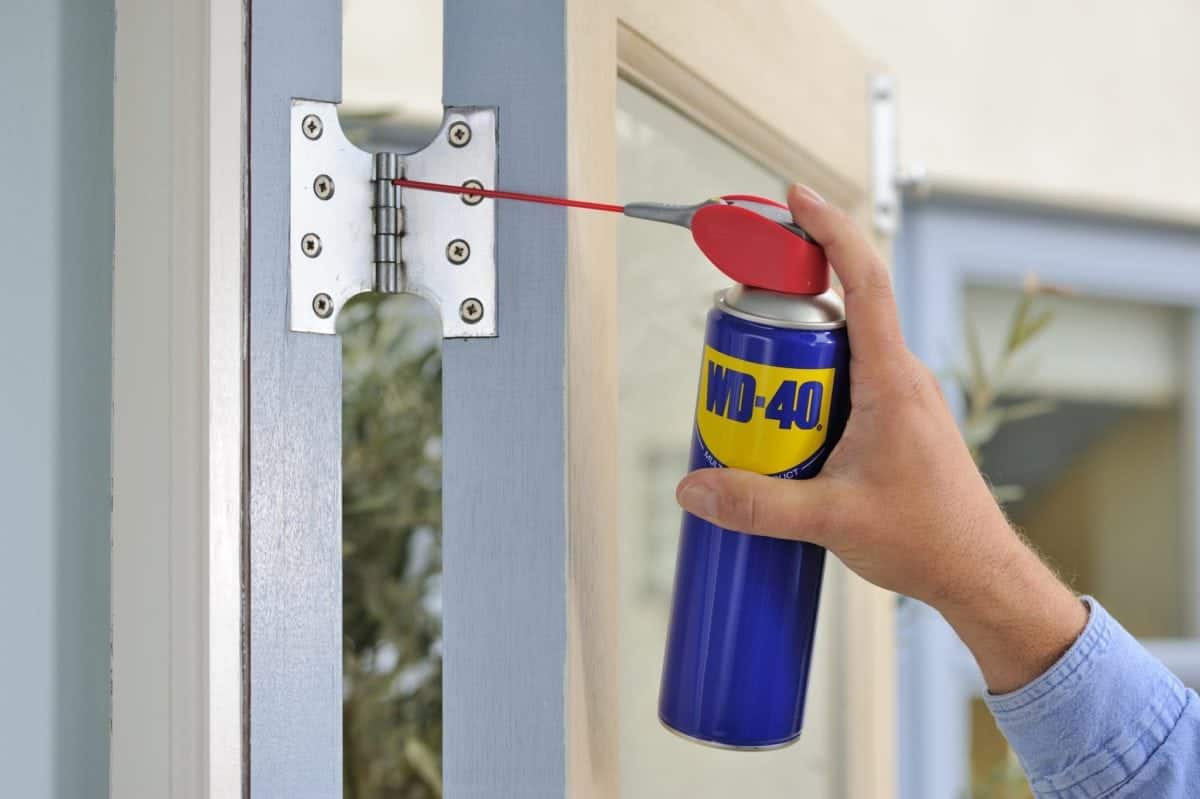
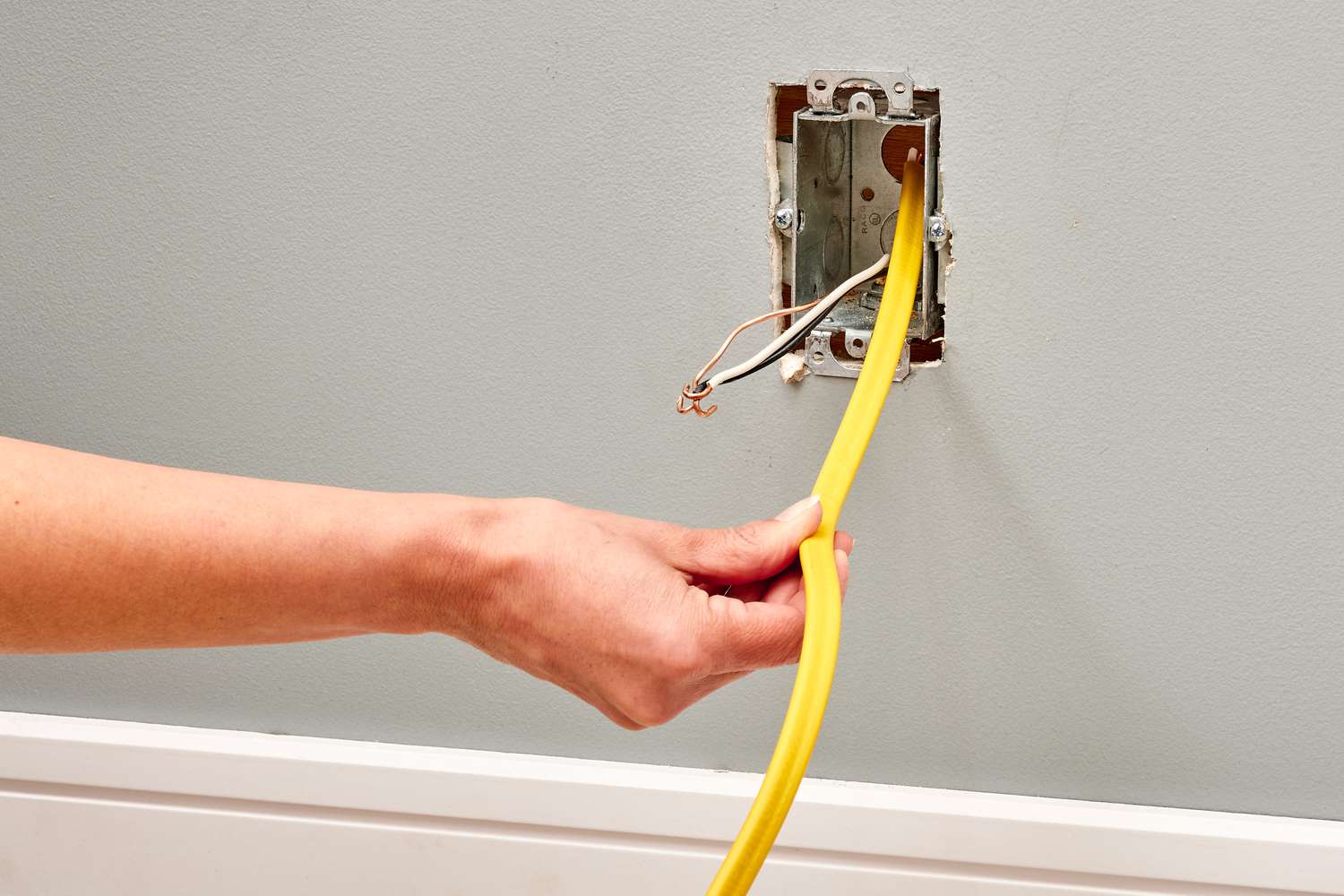

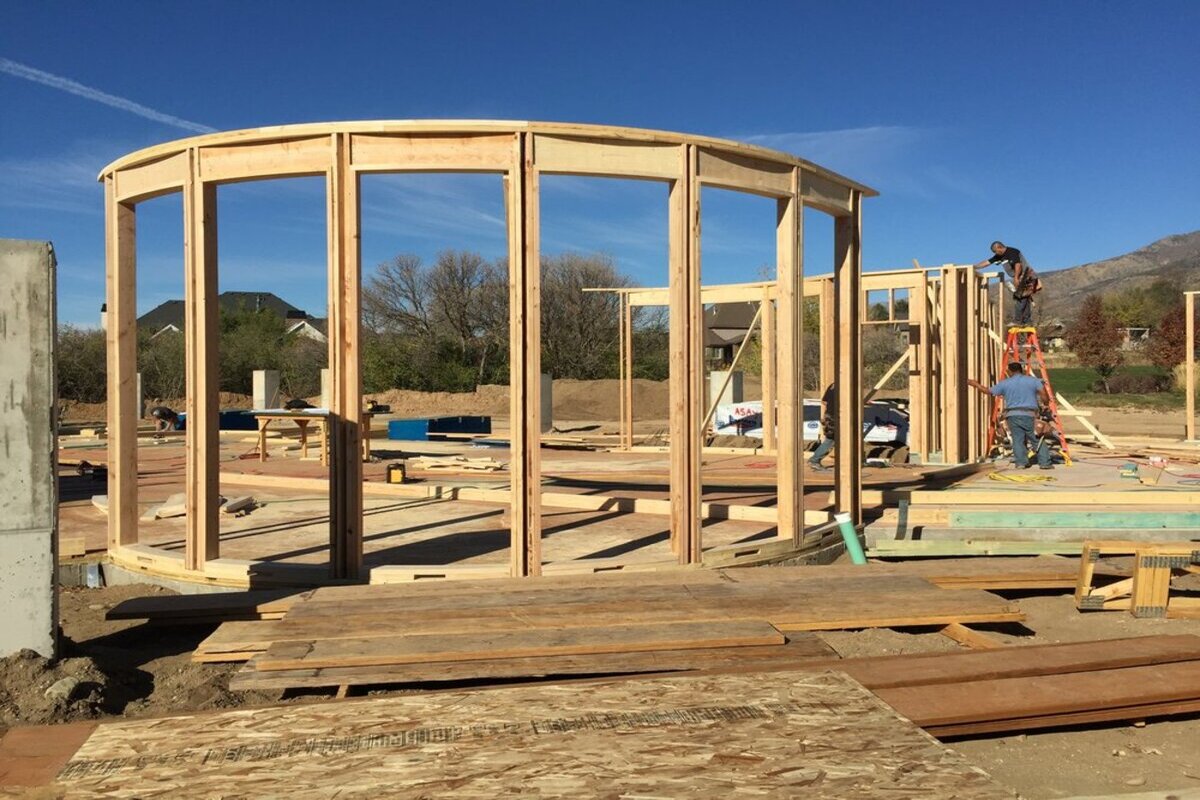
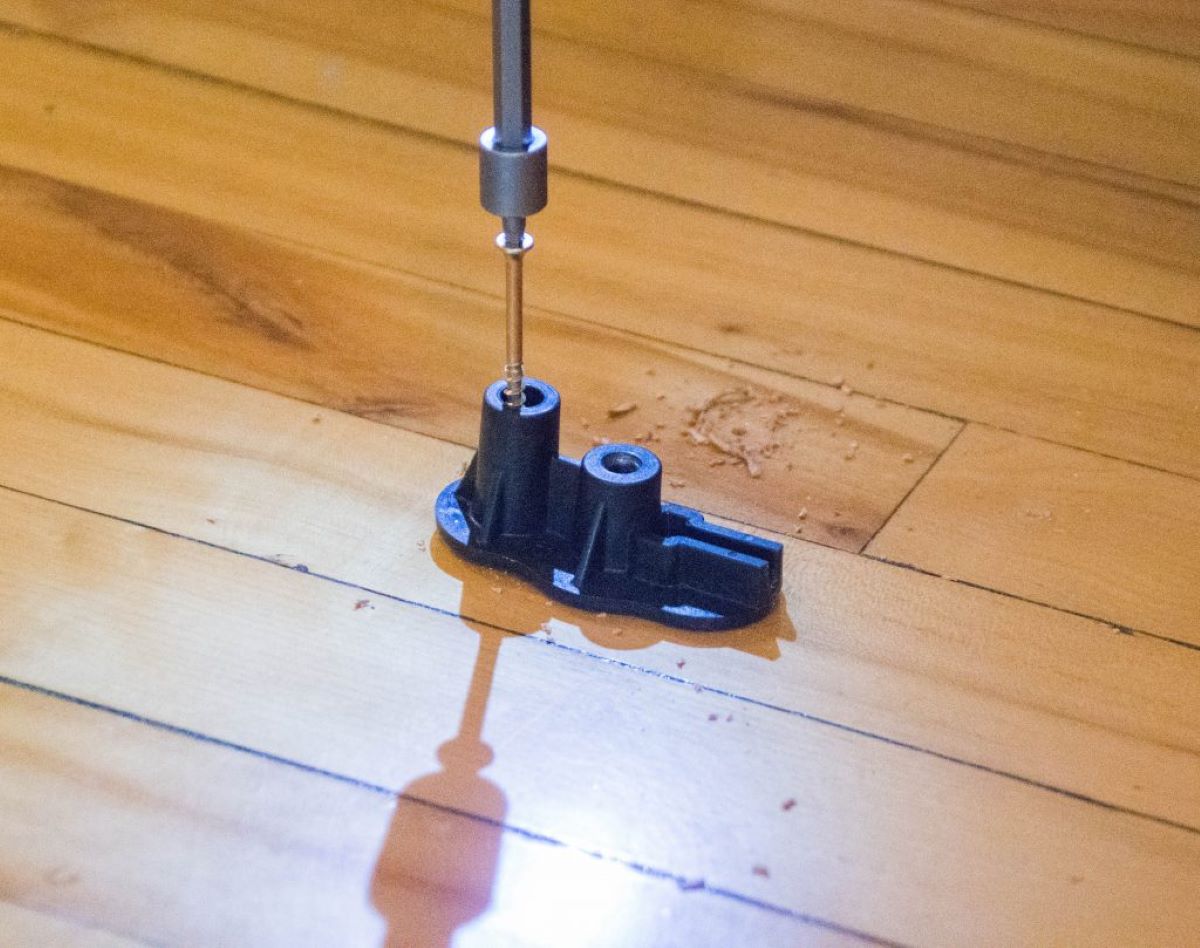
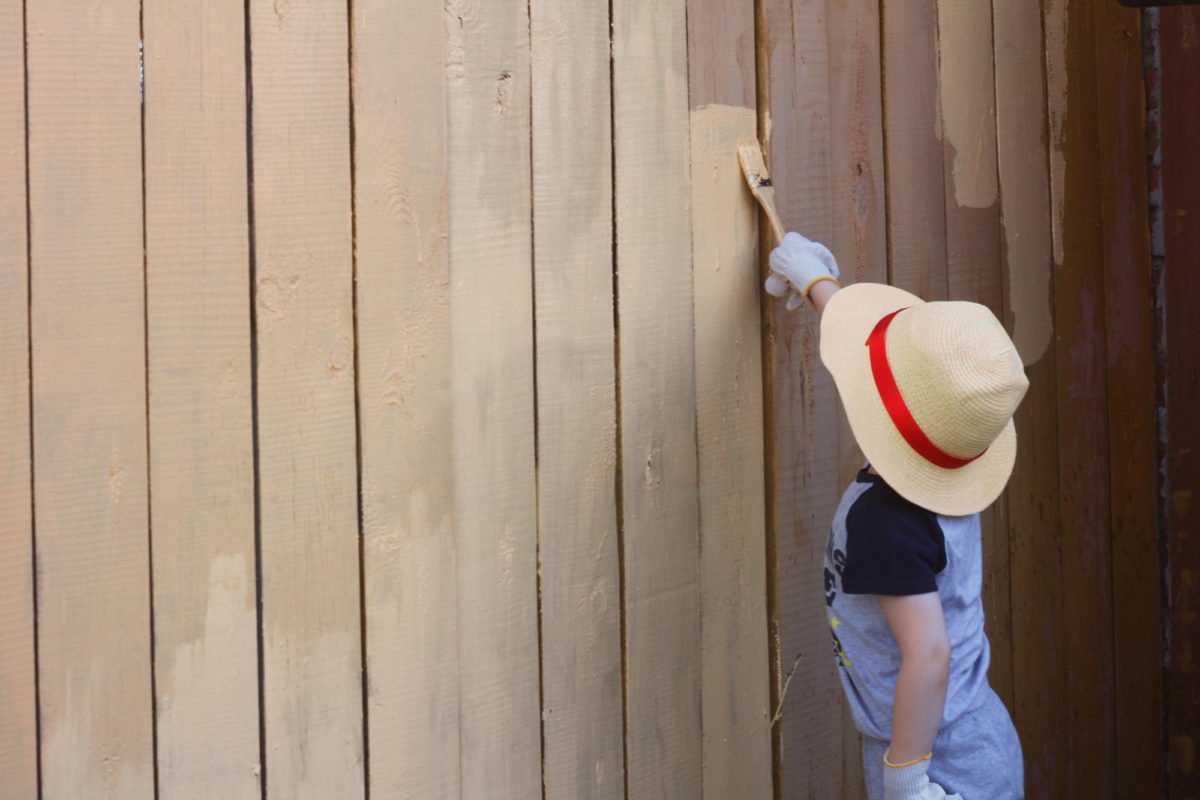

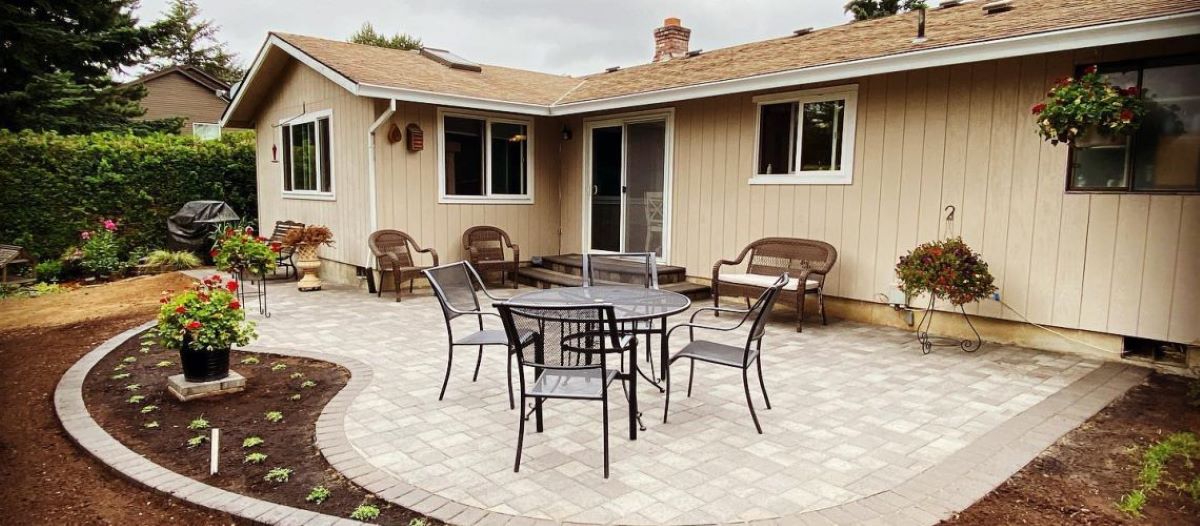
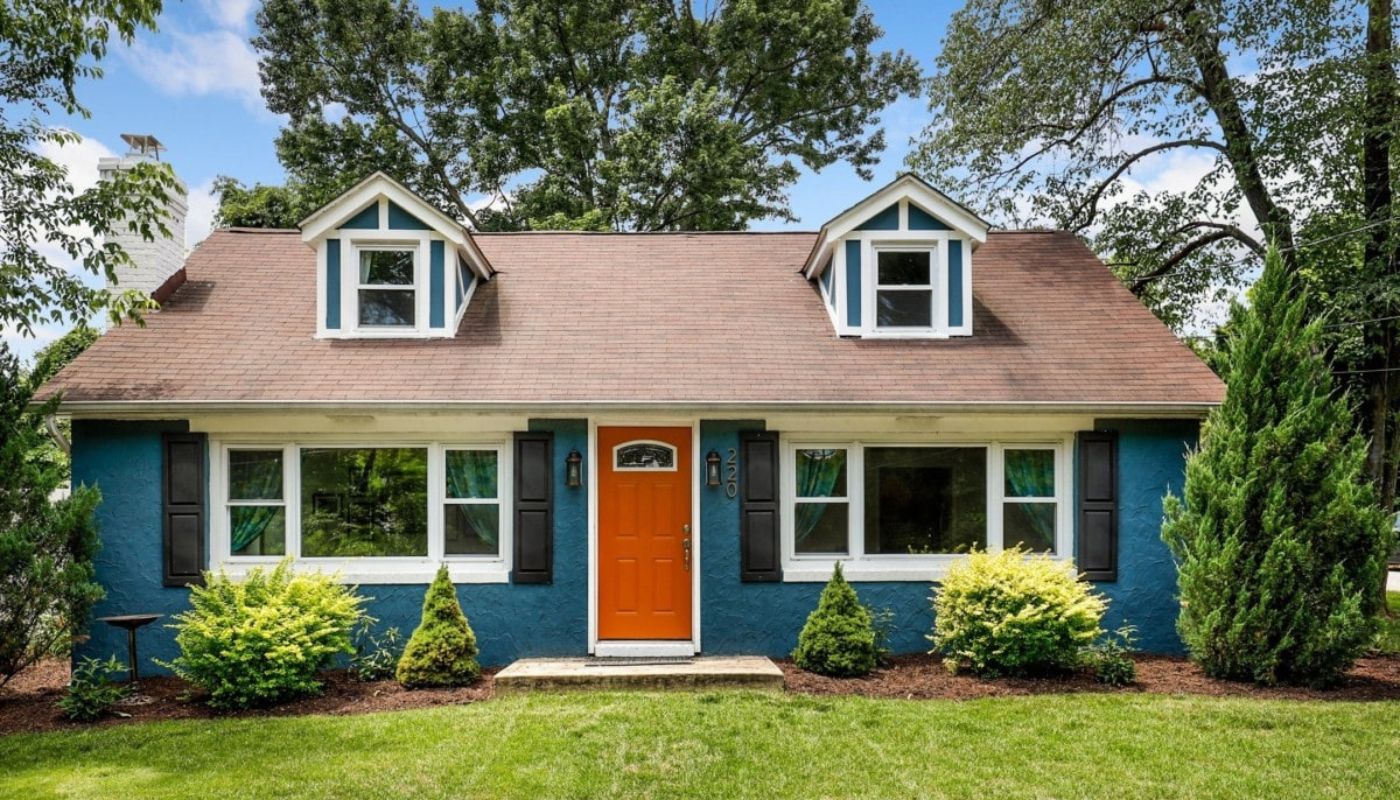
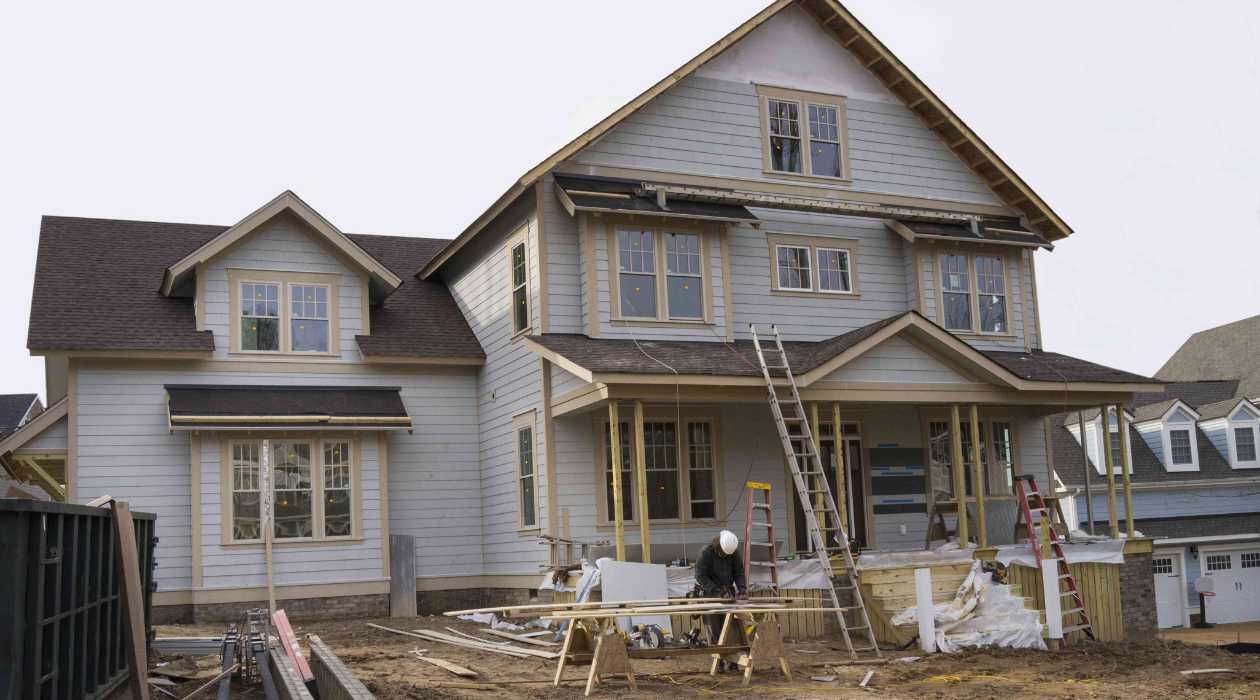


0 thoughts on “How To Get Money For Home Renovation”